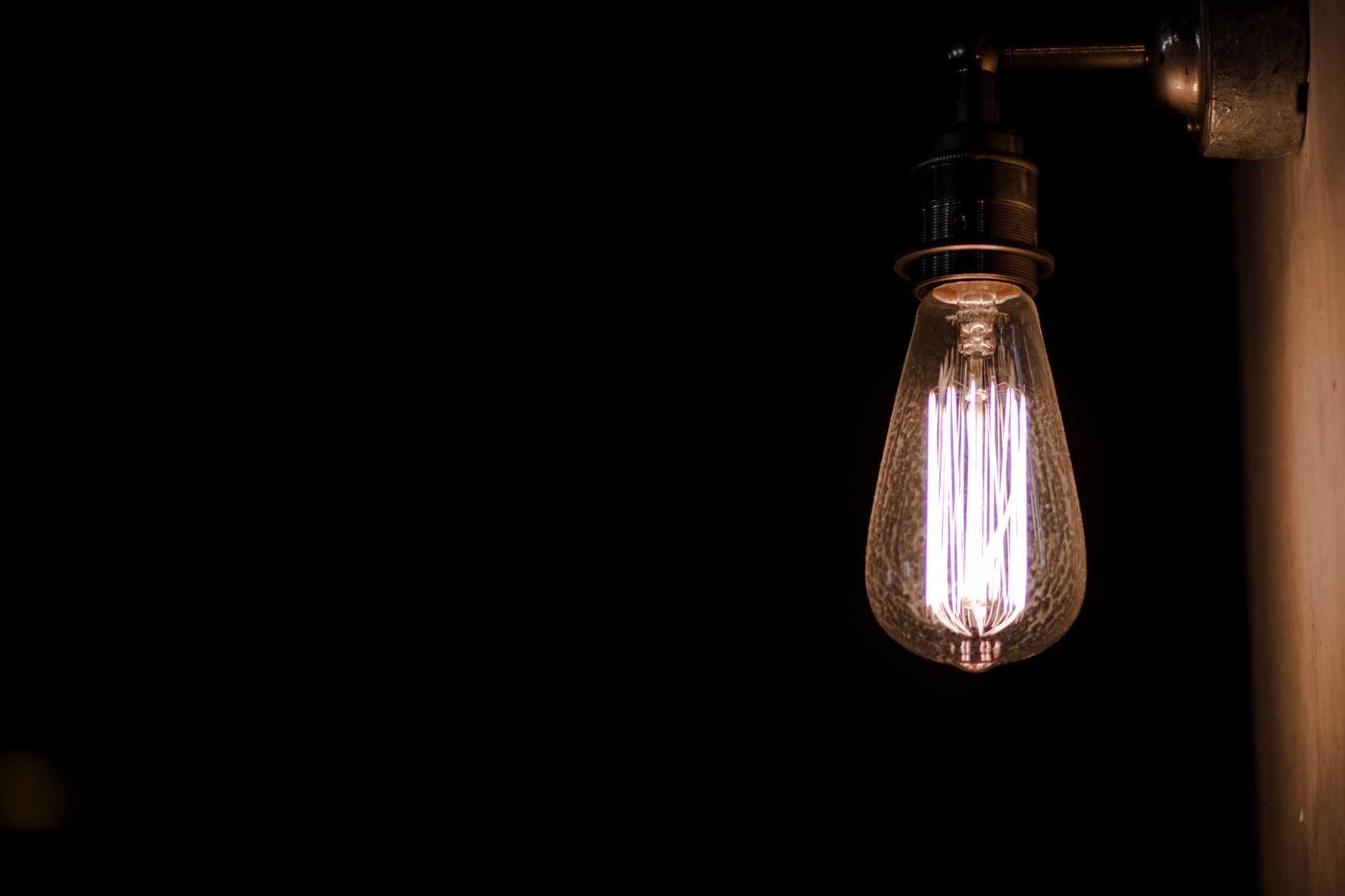Real World Learning
Sometimes, the most useful thing to do is go out there and do the thing.
There comes the point when the planning and preparation you are doing are not contributing to how well you will perform.
So any additional prep work becomes procrastination, until you do the thing and get real-world feedback.

This is relevant to many different skills.
If you want to learn to sail, for example, will you do it by reading all the technical books explaining the physics of sailing in detail, and only try once you understand it fully?
Or, will you watch a few videos, read some articles on how it's done so you understand the fundamentals, and then go out and practice?
A comparison can be made when improving your public speaking, technical skills, networking, design, blogging, videography, investing, and [insert desired skill].
Action Learning Cycle
When learning real skills that can’t be acquired through books and videos, we can still use a scientific approach.
So, what do we need to run a science project?
- Form your Hypothesis/Theory
- Test Hypothesis in an Experiment
- Compile results and reflect on them
- Learn from the results and update the hypothesis
In a real-world situation, this can be used for any skill you want to improve: Running workshops, negotiating with clients and contractors, presenting information, giving feedback, managing up, storytelling, etc.
We can use what’s called an action learning cycle, which looks something like this:

The first step is to become aware of what you want to work on and how you are currently performing. Outline why it will be useful to acquire the skill so you know what your desired outcome is.
Once you know what you want to work on, it’s time to think about how you can improve the skill. This involves reading, learning, and gathering information on how to be more effective.
Next, it’s time to test your theoretical knowledge in the real world. Find an event or situation where you can practice what you have learned. It’s important to be prepared and conscious about how things go in the moment.
This is when you acquire the feedback needed to continuously improve.
After the event, it’s time to reflect on what happened.
What went well, what didn’t go well, how did the others respond, and what feedback did you receive? Now, synthesise your reflections and feedback and develop ways to improve your effectiveness.
Feed what you learned back into the first step to fine-tune your “hypothesis”.
Test again, and continue the cycle.


Member discussion